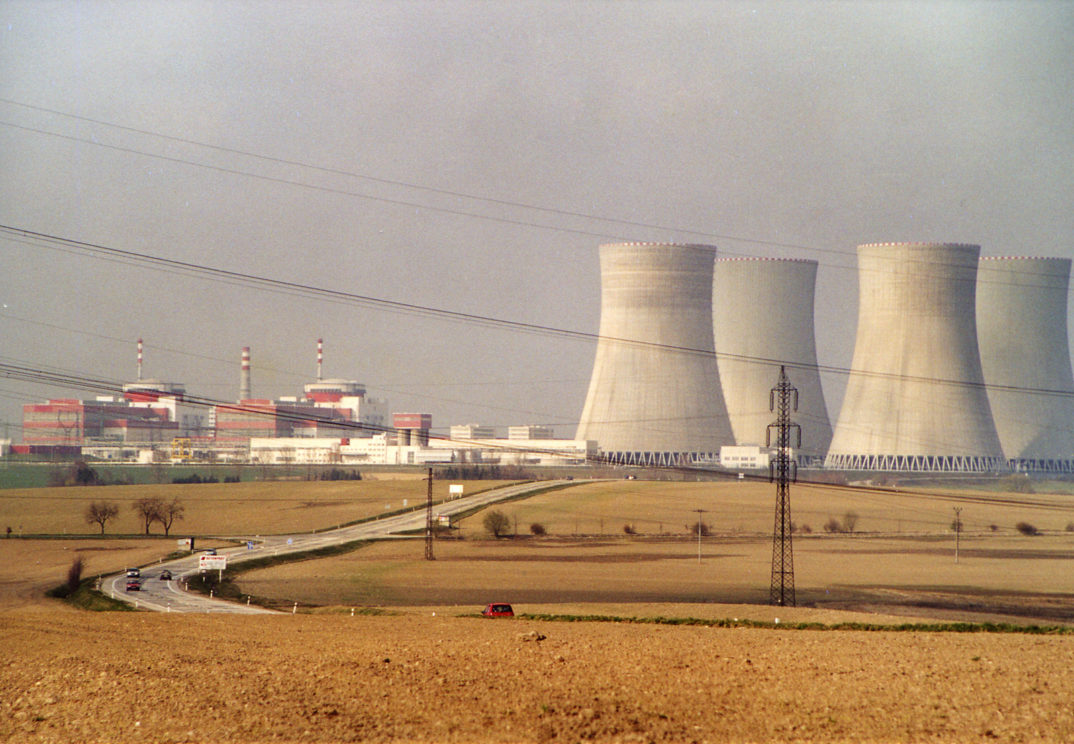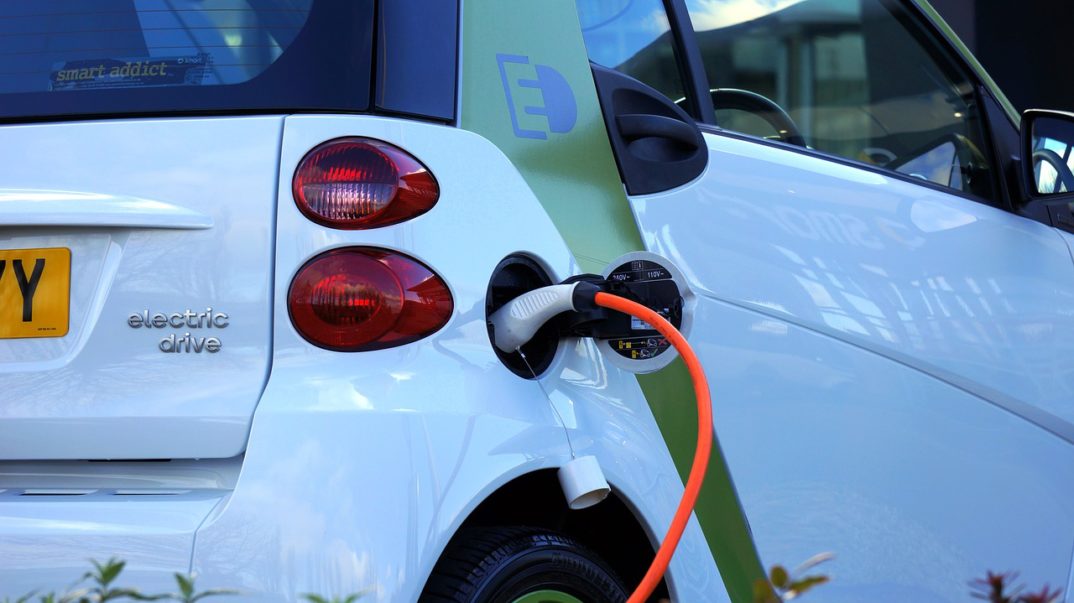This article has a set of discussion questions tailored for classroom use. Click here to download them. To see a full list of articles with discussion questions and other resources, visit our “Educational Resources” page.
In the late 1940’s, following the first use of nuclear weapons on Hiroshima and Nagasaki, Americans were ecstatic about the potential benefits of nuclear energy. Utopic imaginations painted pictures of a world with limitless energy, utilizing nuclear power for everything from powering cars to creating radioactive crops that would produce twice their normal yield. These hopes quickly turned to fears as black rain started pouring on Hiroshima and nuclear tests had unexpected and disastrous consequences. Despite these fears, nuclear power can still be considered a “green” technology because it produces energy without creating carbon emissions. Today, nuclear power plants provide about 20 percent of the United States’ electricity, and nuclear power is the third largest producer of electricity in the country. If framed as a solution to climate change, and if plants are given the proper funding and maintenance to increase safety, nuclear power could provide emission-free electricity on a wider scale. Continue reading “Embracing Nuclear Power as a Solution to Climate Change”


